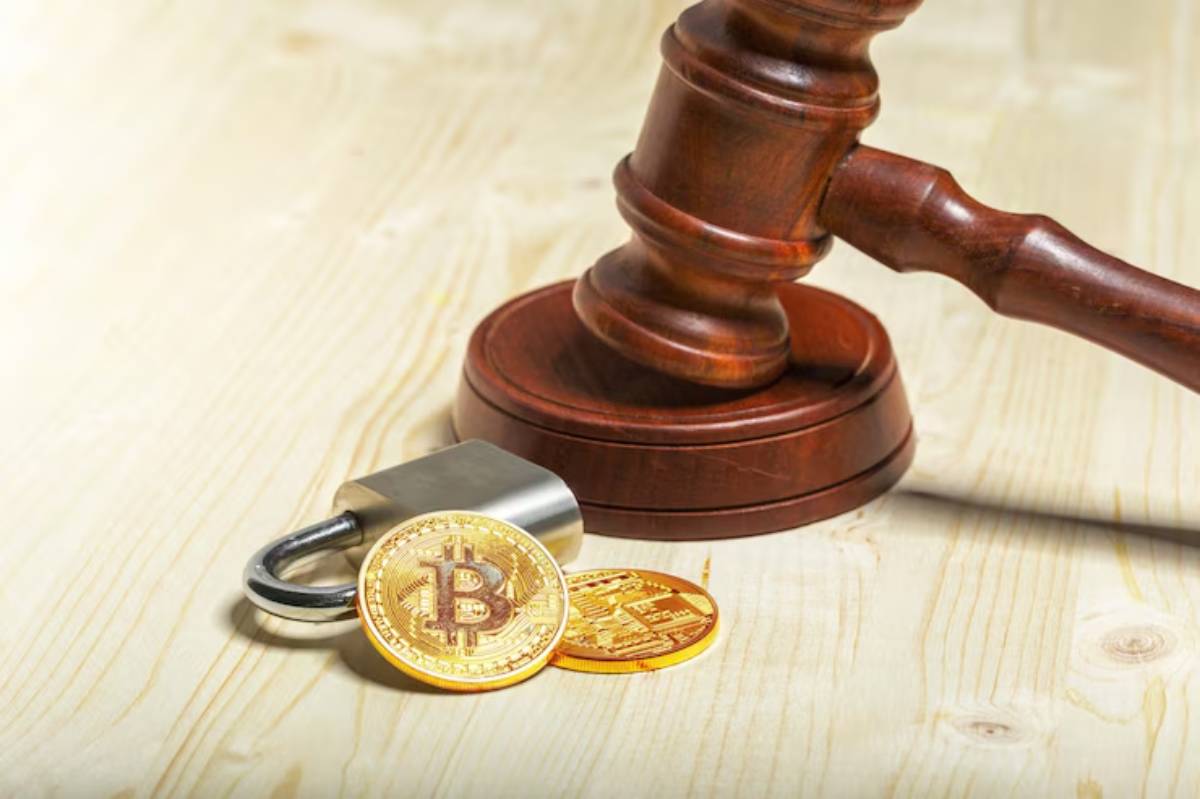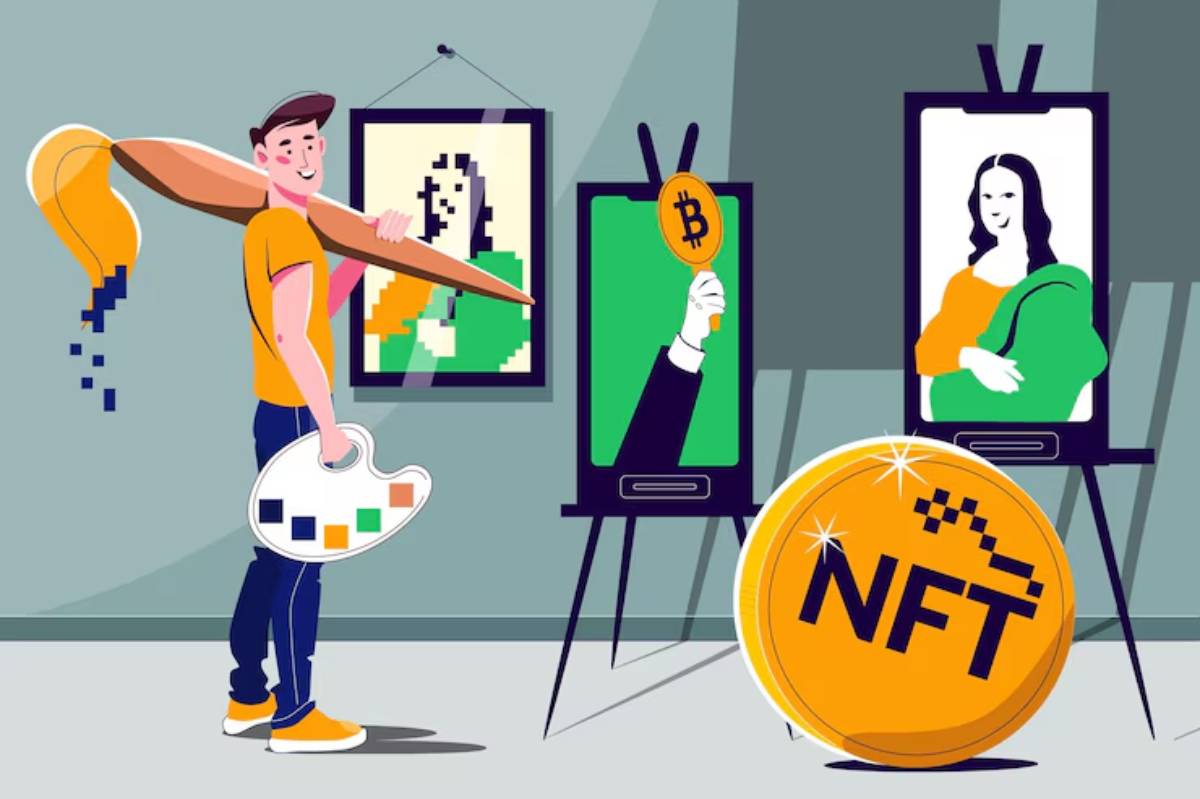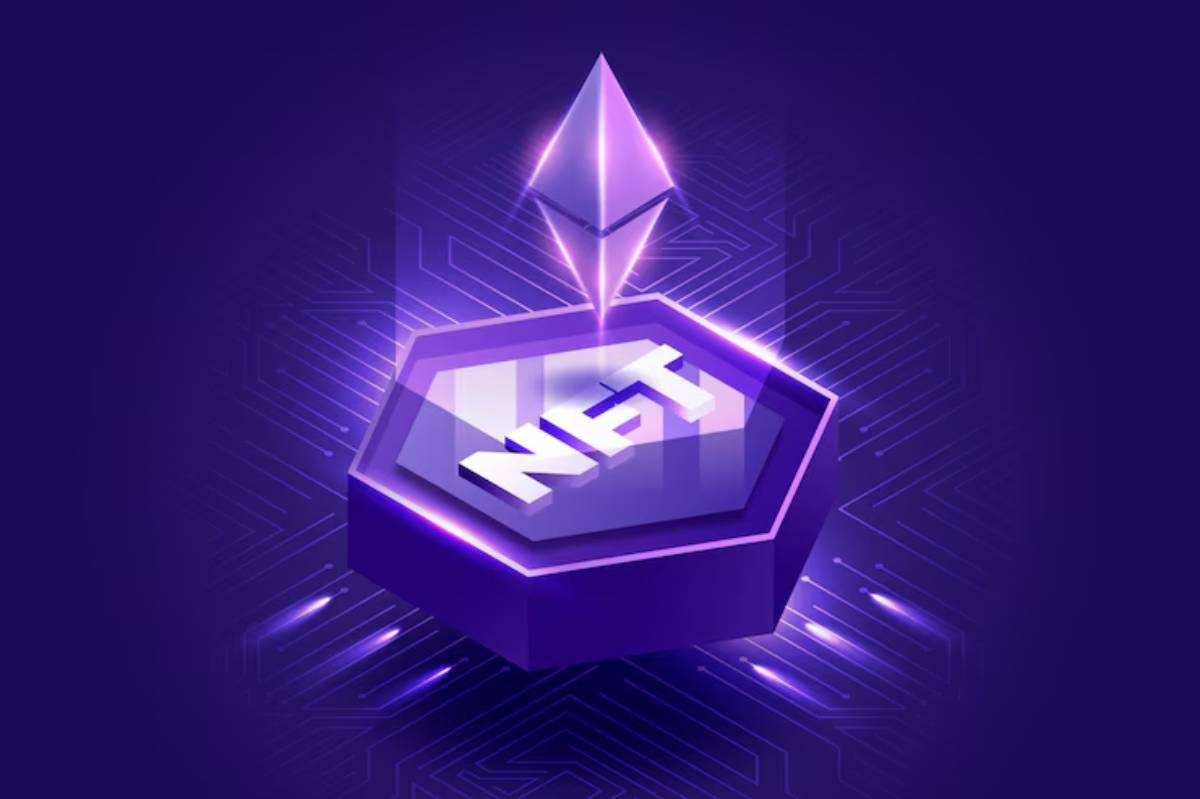
Understanding the Legal Aspects of Selling Digital Art
Selling digital art has never been easier. NFTs have opened a global market where artists can sell directly to collectors.
But with new opportunities come new risks. Digital art copyright and NFT legal issues are areas every creator must understand.
To protect your work, earn fairly, and avoid disputes, it’s key to understand the basics of intellectual property and NFTs.
This guide will help you navigate the legal side of selling digital art safely.
What Copyright Means for Digital Artists
Copyright gives you rights over your original creations. In most countries, copyright is automatic the moment you create your work.
Copyright protects:
- The right to copy, reproduce, or display your art
- The right to sell or license it to others
- The right to prevent others from using it without permission
You do not need to register copyright to own it, although registration can help in legal cases.
How Copyright Applies to NFTs

When you mint an NFT, you are creating a token that points to your digital file. The NFT shows proof of ownership — but it does not automatically transfer copyright.
Important points:
- Buyers usually own the NFT itself, not the copyright to the art
- You, the artist, still own the right to reproduce or display the artwork
- Unless you clearly state otherwise, copyright stays with you
Always be clear about what rights buyers get when they purchase your NFT.
What Rights Do NFT Buyers Have?
In most cases, NFT buyers only get:
- Ownership of the token
- The right to resell the NFT
- The right to display the art privately or in limited ways
They do not automatically get:
- The right to copy the art commercially
- The right to make and sell merchandise
- The right to modify the original work
If you want buyers to have broader rights, you must clearly spell them out.
How to Protect Your Digital Art Properly
1. Add Clear Licence Terms
State what buyers can and cannot do with your NFT art.
Common licence terms include:
- Personal use only (e.g., display on personal devices)
- Non-commercial use (no selling copies or products)
- Commercial use allowed (rare, usually for a premium)
You can include licence details in:
- The NFT metadata
- Your marketplace listing description
- A link to a hosted licence document
2. Watermark or Sign Your Files
Even when selling NFTs, watermarking helps protect your work online.
Tips:
- Add a small signature or logo in a corner
- Use invisible digital watermarks embedded into metadata
- Keep a master copy of the original high-resolution file
Proof of authorship is your strongest protection if disputes arise.
3. Register Your Copyright
In some countries, you can register copyright officially.
Benefits of registration:
- Stronger evidence in court
- Access to statutory damages in lawsuits
- Easier to send takedown notices on platforms
Registration is optional but recommended for valuable collections.
Common NFT Legal Issues to Watch Out For
1. Selling Art You Do Not Own
Only mint and sell art you have created yourself or have permission to use.
Minting copyrighted work without rights can lead to:
- Takedown notices
- Lawsuits
- Damaged reputation
Even using royalty-free or stock images without checking licence terms can cause problems.
2. Breach of Platform Terms
Each NFT platform (like OpenSea or Rarible) has its own rules.
Breaking platform terms could result in:
- Removal of your NFTs
- Account suspension
- Loss of sales
Always read and follow marketplace guidelines before minting.
3. Reselling or Copying Without Permission
Buying an NFT does not give buyers permission to copy or resell your art outside the blockchain.
You can take action against:
- Fake copies
- Unauthorised resales
- Infringements on other marketplaces
Platforms often have takedown procedures to protect creators.
4. Misleading Buyers About Rights
Be clear about what buyers are purchasing.
Misleading claims about copyright transfer can lead to:
- Disputes with collectors
- Negative reviews
- Legal action for false advertising
Transparency protects you and builds trust with your audience.
How Intellectual Property Laws Affect NFTs
Intellectual property NFTs involve several rights:
- Copyright: Protects the creative work
- Trademark: Protects branding elements like logos or collection names
- Moral Rights: In some countries, artists retain rights to be credited or stop harmful uses
Always check the rules in your country and where your buyers live. International sales can involve different laws.
Best Practices for Selling Digital Art as NFTs
Use Written Agreements for Big Sales
If you are making large custom NFT deals or partnerships, use simple contracts.
A basic agreement should cover:
- What rights the buyer gets
- Payment terms
- Royalties and future resales
- Delivery and ownership confirmation
Clear contracts prevent misunderstandings later.
Offer Royalties for Future Resales
One of the best features of NFTs is automatic royalties.
Set up royalties by:
- Choosing a percentage (usually 5–10%) during minting
- Making sure the platform supports on-chain royalty enforcement
Royalties create long-term income as your work gains value.
Monitor and Defend Your Work
After you sell, keep an eye on:
- Secondary markets
- Copycat listings
- Unauthorised uses of your art
Use reporting tools on platforms to remove fakes or unauthorised sales.
Tools to Help Protect Your Digital Art
DeviantArt Protect
Scans NFT marketplaces and alerts you if your art is minted without permission.
Pixsy
Tracks online use of your images and helps send takedown notices.
OpenSea Reporting

Lets you report stolen or infringing NFTs directly within the platform.
Arweave and IPFS
Decentralised storage options to protect original files for long-term proof of authorship.
Common Mistakes to Avoid
- Selling NFTs without clear licence terms
- Copying other artists’ work intentionally or accidentally
- Forgetting to check platform-specific legal requirements
- Assuming buyers know their rights without explaining them
- Ignoring copyright registration for major projects
Carelessness now can lead to big problems later.
Quick Legal Checklist Before Selling Your NFT
- Is the art 100% yours or fully licensed?
- Are licence terms clear to buyers?
- Are your royalties set properly during minting?
- Have you reviewed the marketplace’s terms of service?
- Have you protected your files and identity?
Double-check these points to sell safely and smartly.
Protect Your Art, Protect Your Future
Selling digital art as NFTs is a massive opportunity. But it comes with real legal responsibilities.
Understanding digital art copyright, NFT legal issues, and respecting intellectual property helps protect you, your collectors, and your career.
Create with passion — but sell with protection.
When you take legal steps early, you build a stronger brand and a better future in the digital art world.


